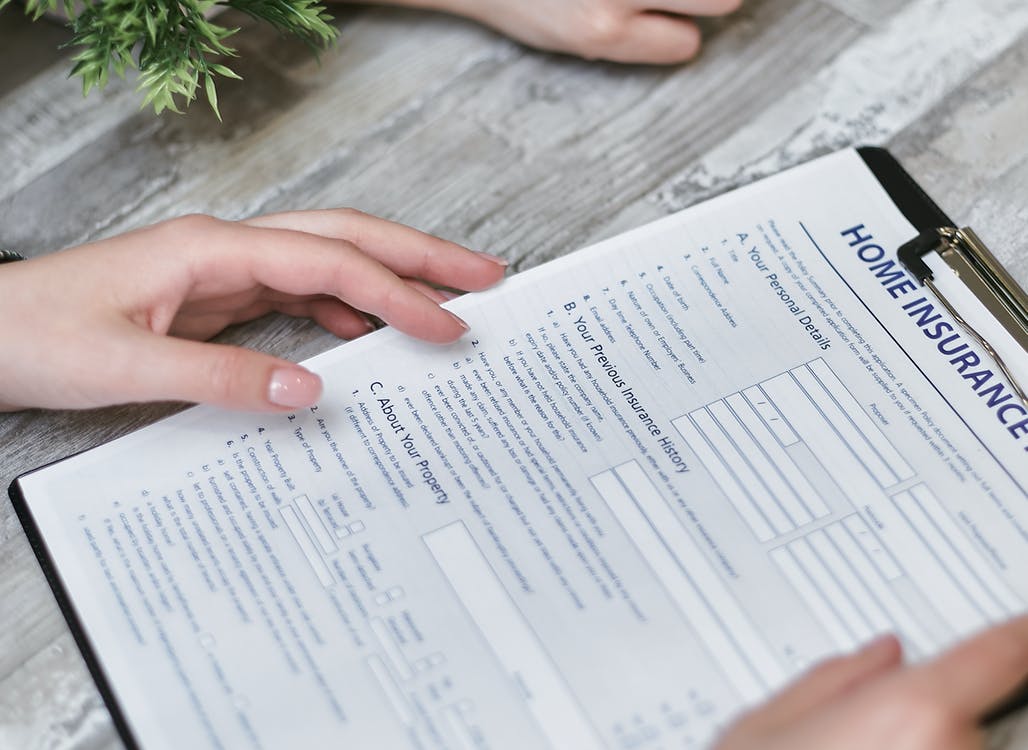If you’re a homeowner, you know that one of the most important things to keep in good condition is your plumbing. After all, a broken pipe can lead to a very messy situation. That’s why it’s important to have plumbing insurance.
Plumbing insurance can help cover the costs of repairs if something goes wrong with your plumbing. It can also help cover the cost of the cleanup if there’s any water damage. And, if you have to evacuate your home due to a plumbing emergency, plumbing insurance can help cover the cost of temporary housing.
There are a few different types of plumbing insurance available. Some policies will cover damages caused by normal wear and tear, while others only cover damages caused by accidents or negligence. You’ll need to talk to your insurance agent to determine what coverage is right for you.
What is plumbing insurance?
Plumbing insurance is a type of insurance that helps protect your plumbing system in case of a problem. This can include things like leaks, burst pipes, and other issues that may occur. Plumbing insurance can help cover the cost of repairs or replacement of your plumbing system, as well as any other damages that may occur due to a problem with your plumbing.
Depending on your needs, you can choose a few different types of plumbing insurance. The most basic type of plumbing insurance is liability coverage, which will help to cover the cost of any damages resulting from your plumbing system. This can include things like property damage or personal injury that occurs as a result of your plumbing system.
Another type of plumbing insurance is coverage for repairs or replacement, which can help cover the cost of any repairs or replacements you need to make to your plumbing system. Finally, there is also coverage for lost or stolen materials, which can help reimburse you for any materials lost or stolen due to your plumbing system.

Why do you need plumbing insurance?
Plumbing insurance is essential for several reasons:
- It can help cover the cost of repairs if something goes wrong with your plumbing.
- It can help protect you from liability if someone is injured while using your plumbing.
- It can give you peace of mind knowing that you are covered in case of an emergency.
Different types of plumbing insurance are available, so it’s essential to choose the right one for your needs. If you own a home, you may want to consider homeowner’s insurance, which can help cover the cost of repairs if something goes wrong with your plumbing. If you rent an apartment, you may want to consider renter’s insurance, which can help protect you from liability if someone is injured while using your plumbing.
Finally, if you are a business owner, you may want to consider commercial property insurance, which can help cover the cost of repairs if something goes wrong with your plumbing.
What does plumbing insurance cover?
Plumbing insurance covers a variety of potential problems that can occur with your plumbing. These can include burst pipes, leaks, and blockages. Plumbing insurance can help protect you from the costs of repairs or replacements that may be necessary due to these problems.
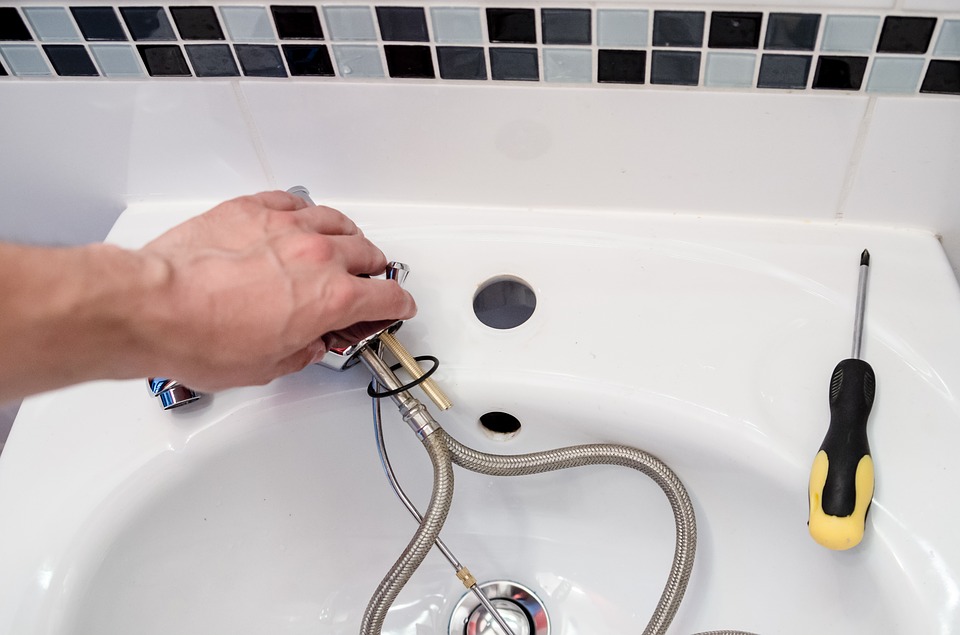
One of the most common claims made on plumbing insurance is for burst pipes. Burst pipes can cause extensive damage to your home and can be very costly to repair. Plumbing insurance can help to cover the cost of repairs or replacement pipes, as well as any other damage that the burst pipe may have caused.
Another common claim made against plumbing insurance is for leaks. Leaks can occur in various places, such as fixtures, pipes, and drains. If left unrepaired, leaks can cause significant damage to your home and lead to higher water bills. Plumbing insurance can help to cover the cost of repairing or replacing leaky fixtures, pipes, or drains.
Finally, blockages are another common problem that plumbers have to deal with. Blockages can occur in drains, toilets, sinks, and even sewer lines. If not dealt with promptly, blockages can lead to backups and flooding. Plumbing insurance can help to cover the cost of clearing blocked drains, toilets, sinks, and sewer lines.
How much does plumbing insurance cost?
There is no definitive answer to this question as the cost of plumbing insurance can vary significantly depending on several factors, such as the size and location of your business, the type of plumbing work you do, and the amount of coverage you need. However, some general guidelines can help you understand what you might expect to pay for plumbing insurance.
On average, small businesses can expect to pay anywhere from $500 to $5,000 per year for basic liability coverage. For more comprehensive coverage that includes property damage and workers’ compensation, rates will typically be higher, upwards of $10,000 or more per year. Of course, these are just averages, and your actual costs depend on several factors specific to your business.
When shopping for plumbing insurance, it’s essential to compare quotes from several insurers to find the best possible rate. Be sure to ask each insurer about any discounts that might be available (such as bundling discounts if you’re also ensuring other aspects of your business) and make sure you understand all the terms and conditions before signing any policy documents.
Does Homeowners Insurance Cover Plumbing
As a homeowner, you are responsible for maintaining your home in good repair. This includes ensuring that all the systems in your home, including the plumbing, are up to date and functioning correctly. So, what happens if something goes wrong with your plumbing and you need to claim your homeowner’s insurance? Does homeowners insurance cover plumbing?
The answer to this question is not always cut and dry. Homeowner’s insurance policies vary from insurer to insurer, so it is essential to read your policy carefully to see what is covered. Most homeowners insurance policies will generally cover sudden and unexpected damage to your home caused by storms or fires. However, they may not cover slow or gradual damage caused by leaks or wear and tear. Some policies exclude coverage for specific homes or damage (such as flooding).
If you’re unsure whether your policy covers plumbing repairs, the best thing to do is give your insurer a call. They will be able to tell you definitively what is covered under your particular policy. And if you find that your policy doesn’t cover the repair costs associated with a broken pipe or other plumbing issues, don’t despair! Many other options are available to help you finance these kinds of repairs.
Plumbing Insurance Cost
The cost of plumbing insurance can vary greatly depending on your coverage and the size of your home. The most basic level of coverage will typically cover repairs for leaks and clogs in your pipes, but it is essential to remember that this does not cover any damage that these problems may cause.
You will likely need to purchase a more comprehensive policy if you have a larger home or one with more complex plumbing. Additionally, if you live in an area with a higher risk of flooding or other water damage, you may need to purchase additional coverage to protect your home from these risks. Ultimately, the cost of plumbing insurance will depend on the specific needs of your home and family.
According to the National Association of Insurance Commissioners (NAIC), the average annual cost of plumbing insurance is $468. However, this number can vary greatly depending on several factors, including the size and age of your home, the type of coverage you need, and the deductible you’re willing to pay.
There are two main types of plumbing insurance: home warranty insurance and service line insurance. Home warranty insurance covers repairing or replacing your home’s major systems and appliances. In contrast, service line insurance covers damages to underground utility lines that are not covered by your homeowner’s policy.
The best way to determine which type of plumbing insurance is right for you is to speak with a licensed agent who can assess your needs and recommend a policy that fits your budget and coverage requirements.
Plumbing Insurance Quotes
If you’re a homeowner, you know that maintaining your home can be expensive. Between routine maintenance, unanticipated repairs, and upgrades, there’s always something that needs to be done. And, if something goes wrong with your plumbing, it can quickly become a costly repair. That’s why it’s important to have plumbing insurance.
Plumbing insurance quotes are popular among homeowners looking to insure their property against potential damage from plumbing problems. Many factors can affect the cost of a plumbing insurance quote, including the value of the home, the age and condition of the plumbing system, and the home’s location. Homeowners should compare quotes from multiple insurers to get the best coverage at the most affordable price.
Plumbing insurance helps to protect you from the high cost of repairs or replacements should something go wrong with your plumbing. It can also help to cover the cost of routine maintenance and unanticipated repairs. Plumbing insurance can give you peace of mind knowing that you’re protected in an emergency.
Various types of plumbing insurance are available, so it’s essential to research to find the right policy for you. Compare quotes from multiple insurers to ensure you get the best coverage at the most affordable price.

What are some tips for avoiding plumbing problems?
There are a few things that homeowners can do to avoid plumbing problems.
- First, it is important never to pour grease or oil down the drain as this can create clogs over time.
- Second, it is advisable to install filters in all sinks and tubs to catch hair and other debris before it has a chance to enter the drain system.
Additionally, homeowners should be aware of what items should not be flushed down the toilet as this can cause clogs and blockages further down the line.
What Does Homeowners Insurance Cover Plumbing
It is a common misconception that homeowners insurance will cover all repairs to your home, including plumbing. However, this is not always the case. Most policies have specific exclusions when it comes to coverage for plumbing repairs. For example, most policies will not cover damage caused by rust or corrosion. Additionally, many policies will not cover repairs to pipes located outside the home.
Your policy may cover some types of damage, but with certain restrictions. For example, if a pipe bursts due to freezing temperatures, you may be covered for the repair costs. However, the insurance company may deny your claim if you did not take proper precautions to winterize your home (such as draining outdoor faucets and pipes).
If you’re unsure about what type of coverage you have for plumbing repairs, you must contact your insurance agent or company directly. They can help clarify what is and is not included in your policy so that you know what to expect if you need to file a claim in the future.
Plumbing Liability Insurance
As a plumber, you are responsible for ensuring that the pipes and fixtures in your customer’s homes are up to code and functioning properly. If something goes wrong, it is your liability. That is why it is so important to have plumbing liability insurance. This type of insurance will protect you financially if you are ever sued for damages or if someone is injured while on your property.
There are many different types of plumbing liability Insurance policies available, so it is important to do some research and find the one that best suits your needs. Many factors, such as the size of your business, the type of work you do, and where you are located, will all play a role in determining the right policy for you.
No matter what policy you choose, ensure that it provides adequate coverage for your specific situation. You never know when an accident could happen, so it’s better to be safe than sorry!
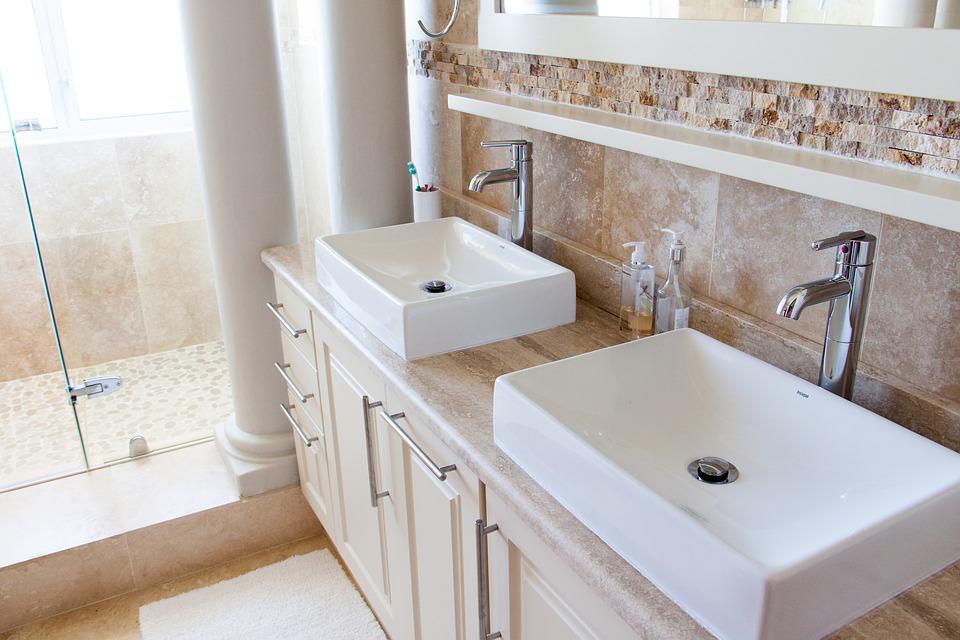
Plumbing Insurance Coverage
There are a few different types of plumbing insurance coverage available to homeowners.
The most common type is coverage for repairs due to normal wear and tear.
This coverage can help you pay for repairs to your plumbing system if it breaks down due to age or regular use. Another type of plumbing insurance is coverage for damage caused by severe weather.
This can help you pay for repairs if your pipes freeze or burst during a winter storm. Finally, some policies also cover damage caused by root intrusion. This coverage can help you pay for repairs if tree roots break into your pipes and cause damage.
Does Homeowners Insurance Cover Plumbing Repairs
Homeowners insurance is a type of property insurance that covers losses and damage to an individual’s home. It does not cover all types of damage or repair costs. For example, most homeowners insurance policies will not cover the cost of repairing or replacing plumbing fixtures.
While homeowners insurance may not cover the cost of repairs to plumbing fixtures, there are a few ways that policyholders can get help with these costs. One option is purchasing a separate policy rider that covers plumbing repairs. Another option is to file a claim with the homeowner’s association if the problem is caused by a common issue, such as a clogged sewer line.
It’s essential to remember that even if your homeowner’s insurance policy doesn’t cover the cost of repairing or replacing plumbing fixtures, it may still provide some coverage for water damage caused by a broken pipe or other issues. For example, many policies include coverage for sudden and accidental water damage, which could help pay for cleanup and repair costs if your home suffers water damage from a burst pipe.
Does Homeowners Insurance Cover Water Damage Leaking Plumbing?
Water damage from leaking plumbing is one of the most common claims filed under homeowners’ insurance policies. To determine whether or not your policy will cover water damage from a leaky pipe, it’s essential to understand what types of water damage are covered by most standard homeowners insurance policies.
- The first type of water damage usually covered by homeowner’s insurance is sudden and accidental water damage. This includes damages caused by burst pipes, overflowing toilets, and leaking roofs. Most policies will also cover damages caused by storms or hurricanes, as long as the cause of the damage is identified.
- The second type of water damage your homeowner’s insurance policy may cover is gradual water damage. Leaks typically cause gradual water damage in pipes or plumbing fixtures over time. To be covered, you must show that you took reasonable steps to prevent the leak from happening and that it was not due to your negligence.
- The third and final type of water damage that might be covered under your homeowner’s insurance policy is sewer backup or sewage overflow. This coverage typically only applies if you have purchased an additional rider on your policy specifically for this purpose. If you live in an area prone to flooding or severe weather conditions, you may want to consider purchasing this kind of coverage.
Leak Home Insurance
If your home sustains water damage from a burst pipe or other unforeseen event, it is essential to have leak home insurance in place to help cover the cost of repairs. This type of coverage can help to pay for the cost of fixing damaged walls, ceilings, floors, and other parts of your home that a leak may impact. In addition, it can also help to cover the cost of replacing any personal belongings that are damaged due to the leak.
While most homeowners’ insurance policies will provide some protection in the event of water damage, they may not cover all the repair costs. This is why it is essential to have leak home insurance in place to supplement your existing coverage. In many cases, this type of policy can be pretty affordable and well worth its peace of mind.
If you are unsure whether or not your homeowner’s insurance policy provides adequate protection against water damage, contact your insurer and ask about adding leak home insurance to your coverage. It may be just what you need to ensure that you are fully protected if your home sustains water damage from a burst pipe or other unexpected event.
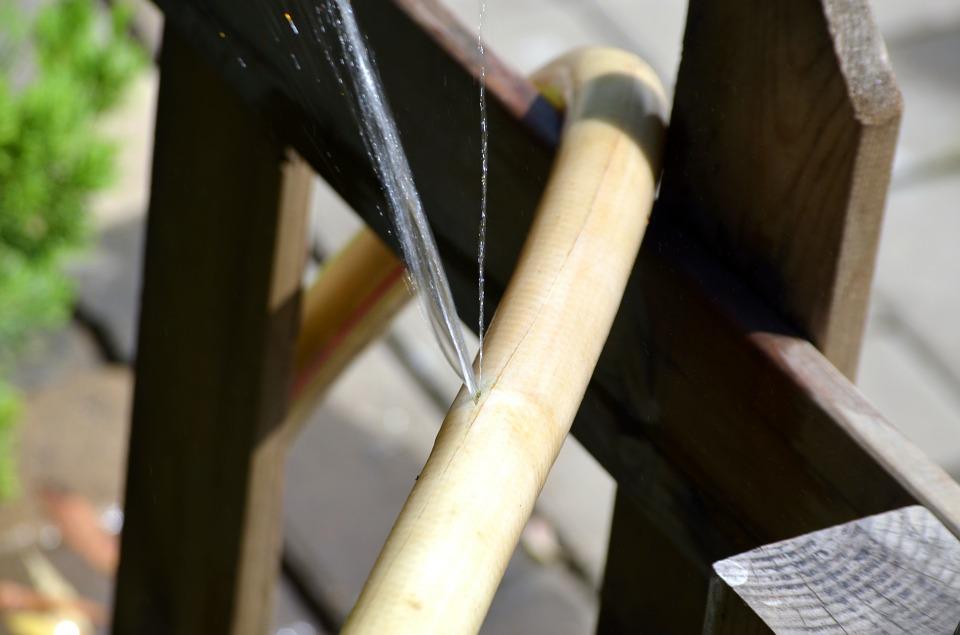
A leak in your home can cause a lot of damage. Water can ruin your floors, walls, and furniture. It can also lead to mould growth, which can be detrimental to your health. Home insurance can help you cover the cost of repairs and replacement items.
According to the Insurance Information Institute, a home insurance policy covers four primary areas of your life: your liability, your dwelling and attached structures, other structures on your property, and loss of use. Your possessions are also covered to a certain extent.
Different home insurance policies are available, but most cover the same primary risks. The coverage you need depends on the value of your home and possessions and your risk tolerance. You can purchase home insurance through an independent agent or a direct insurer.
When shopping for home insurance, it’s essential to compare quotes from multiple insurers to get the best rate. Be sure to ask about discounts like installing security systems or having a claims-free history. It would be best if you also considered the insurer’s financial stability when choosing a policy.
Does Home Warranty Cover Plumbing?
A home warranty is a service contract that covers the repair or replacement of major home systems and appliances, such as the HVAC system, electrical system, plumbing, and more. Many home warranties also cover things like pool equipment and built-in appliances. Home warranties are not mandatory but can be a valuable asset for homeowners.
For example, let’s say your washing machine breaks down. If you have a home warranty, you can call the warranty company, and they will send a technician to your home to fix the problem. The technician will diagnose the issue and make the necessary repairs. If the washing machine cannot be repaired, the home warranty company will provide you with a new one. This can save you hundreds or even thousands of dollars in repairs or replacement costs.
Another benefit of having a home warranty is that it can give you peace of mind knowing that if something goes wrong with your home, you have someone to call for help. And because home warranties cover many different items in your home, it can be more accessible to budget for repair and replacement costs when you have a plan in place.
Best Home Warranty for Plumbing
If you’re looking for the best home warranty for plumbing, consider American Home Shield. With more than 40 years of experience in the industry, American Home Shield is the largest provider of home warranties in the United States. They offer a variety of plans to suit your needs and budget, and their coverage includes repairs or replacement of your plumbing system, including fixtures and fittings.
American Home Shield also offers a Plumbing Protection Plan that covers clogged drains and sewer line blockages for added peace of mind. This plan is available in select states, so check if it’s available in your area before signing up.
If you’re unsure which home warranty company is right for you, look at our guide to the best home warranty companies. We’ve compared features and pricing to help you find the best value for your needs.
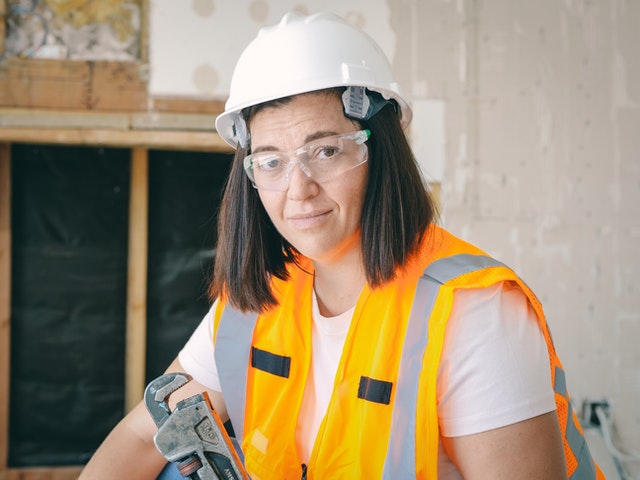
Conclusion
In conclusion, plumbing insurance is an excellent way to protect yourself from high costs associated with repairs or replacements for your plumbing system.
There are a few things to keep in mind when considering plumbing insurance. First, it’s essential to understand what is and is not covered under your policy. Most policies will cover repair or replacement costs for your plumbing system but won’t cover damage caused by neglect or poor maintenance. It’s also important to consider the deductible on your policy. The higher the deductible, the lower your premium will be – but you’ll have to pay more out of pocket if something does happen to your plumbing.
Another thing to remember is that not all plumbers are created equal. Some plumbers are insured and bonded, which means they’ve been through a professional vetting process and have met specific standards. Others may not be insured at all – so it’s always important to ask before hiring a plumber to work in your home.
All in all, plumbing insurance can be a great way to protect yourself from high costs associated with repairs or replacements for your plumbing system – make sure you understand what’s covered (and what isn’t), and choose a reputable insurer who will be there for you if something does go wrong.
FAQ
What are some of the most common types of plumbing problems?
There are a few different types of plumbing problems that are relatively common. These can include things like leaks, clogs, and water damage. If you’re not careful, these problems can cause a lot of damage to your home – and they can be costly to fix.
How can I prevent plumbing problems?
You can do a few different things to help prevent plumbing problems. First, ensure you’re using high-quality pipes and fittings in your home. Second, be careful about what goes down your drains – avoid putting grease or food scraps down the drain, as this can lead to clogs. Finally, keep an eye on your pipes for any signs of leaks or other damage. If you catch a problem early on, it will be much easier (and less expensive) to fix.
What should I do if I have a plumbing problem?
If you have a plumbing problem, you should first turn off the water to your home (at the main shut-off valve). This will help prevent any further damage from occurring. Next, call a plumber to come and take a look at the problem – they will be able to assess the situation and let you know what needs to be done to fix it.




